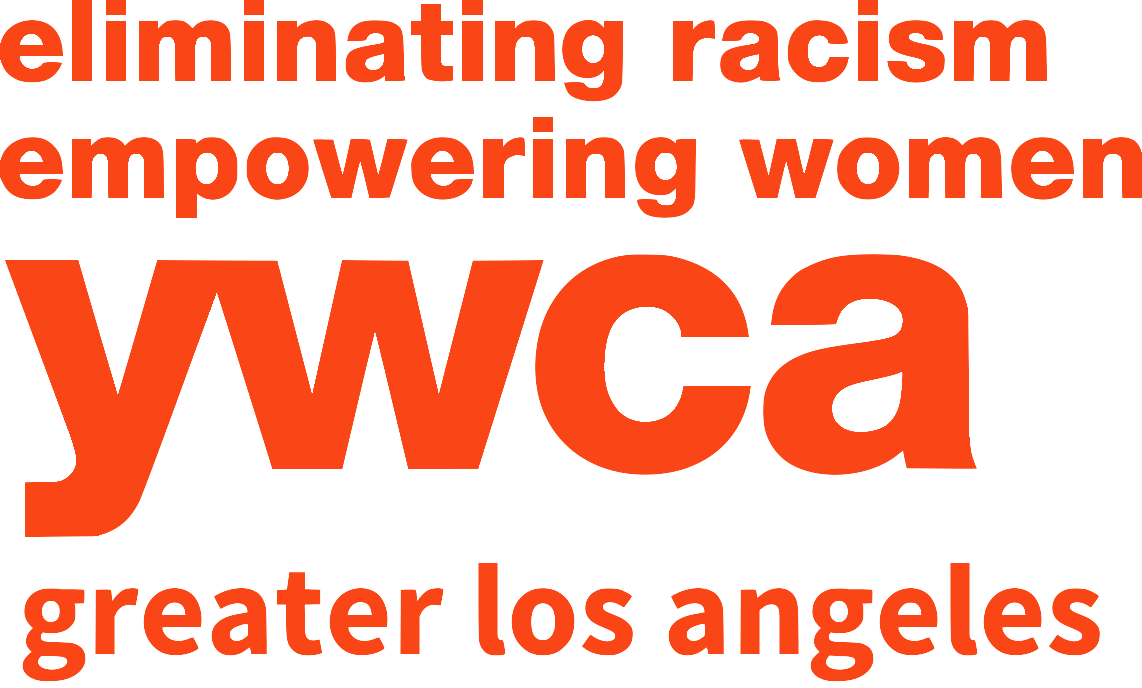Understanding Childhood Mental Health: A Guide to Early Detection and Support
What is Childhood Mental Health?
Defining mental health in children
Children's mental health encompasses their emotional, psychological, and social well-being. It influences how they think, feel, and act both within their families and in broader social contexts. This facet of health is crucial throughout childhood and into adulthood, interacting with their physical health and their ability to succeed academically and socially.
Importance of childhood mental health
The implications of mental health in children are profound, impacting societal structures and human services such as healthcare, education, labor markets, and even the criminal justice system. Mental health problems can significantly hinder a child's ability to reach their full potential, affecting both their physical and mental development.
Prevalence of mental health disorders in children
In the United States, approximately 20 million children suffer from diagnosed mental disorders, with one in five children between the ages of 3 and 17 experiencing mental, emotional, behavioral, or developmental disorders.
Source: https://www.apa.org/topics/children/mental-health
Understanding Mental Disorders
What are mental health disorders in children?
Childhood can be the beginning stage for many mental disorders, including anxiety disorders, attention-deficit/hyperactivity disorder (ADHD), depression, and eating disorders. These disorders can deeply affect a child's life, impacting their relationships, academic performance, and overall, emotional well-being.
Types of mental disorders that can affect children
Children and adolescents may experience a range of mental disorders, including anxiety disorders, mood disorders like depression, eating disorders, and even schizophrenia. Anxiety disorders, for example, are common in both older children, and adults.
Identifying Mental Health Concerns
Recognizing signs and symptoms of mental health conditions in children
Distinguishing between normal developmental behaviors and signs of mental illness or developmental disorder can be challenging.
Consider seeking help if your child’s behavior or emotions last for weeks or longer, cause distress, or interfere with their functioning.
When to seek professional help for mental health concerns
If your child’s behavior is unsafe or they talk about suicide or wanting to hurt themselves or someone else, seek help immediately.
Don’t hesitate to seek help if you’re concerned about substance abuse or your child’s mental health.
Assessment and Diagnosis
How is children’s mental health assessed?
An evaluation by a mental health professional can help understand and clarify your child’s emotions, behavior, and current situation, especially during early childhood.
The mental health professional will ask questions and provide information to help determine if your child would benefit from an intervention.
The role of psychologists and psychiatrists in diagnosis
A mental health professional can help determine if an evaluation is necessary and recommend appropriate treatment.
Early intervention can help children manage symptoms and support their social and emotional development.
Treatment and Support
How are childhood mental health disorders treated?
Following an evaluation, mental health professionals might recommend various treatment options including behavioral therapies, psychotherapeutic interventions, other treatments or medications depending on the diagnosis.
Types of therapy and interventions for children
Developmental considerations, cultural background, and language are all important factors that psychologists incorporate into treatment plans aimed at promoting mental health in children.
The importance of family involvement in treatment
Family involvement is critical, especially in cases where young children face significant psychological risks. Prevention and timely intervention are essential to have parents address mental health issues effectively.
School and Community Support
How can schools support children’s mental health?
Schools can offer support by providing accommodations under laws designed to protect children with disabilities, such as Individualized Education Programs (IEPs).
The role of teachers and educators in mental health support
Teachers can assist by providing appropriate accommodations, like note-taking aids or adjusted seating arrangements, to help children manage their mental health challenges effectively.
Access to Mental Health Care
Overcoming barriers to mental health care
Despite the need for effective treatment, only about 20% of children with mental health issues receive the necessary services from professionals. This highlights the importance of improving access to mental health services for children and their families.
Data sources for mental health and related conditions
There are many different datasets which include information on children’s physical and mental health, and related conditions for children living in the United States.
Healthy People 2030 sets data-driven national objectives to improve health and well-being over the next decade for many children, including children’s mental health and well-being. The Centers for Disease Control and Prevention provides statistics about the percentage of children needing mental health services who receive appropriate help.
Research and Resources
What research is being done on mental disorder affecting children?
Researchers are exploring risk factors for such mental disorders, including genetics, experience, and the environment, which may provide clues to how these disorders develop and how to identify them early.
Finding Professional Help
Identifying the right mental health professional involves understanding the specific needs of your child and the family's overall situation. Support groups and consultations with family members, pediatricians or mental health professionals can provide valuable guidance.
This guide aims to provide a foundational understanding of childhood mental health, emphasizing the importance of early detection, appropriate intervention, and the crucial role of family and community support in childhood mental disorders and fostering the well-being of children.

